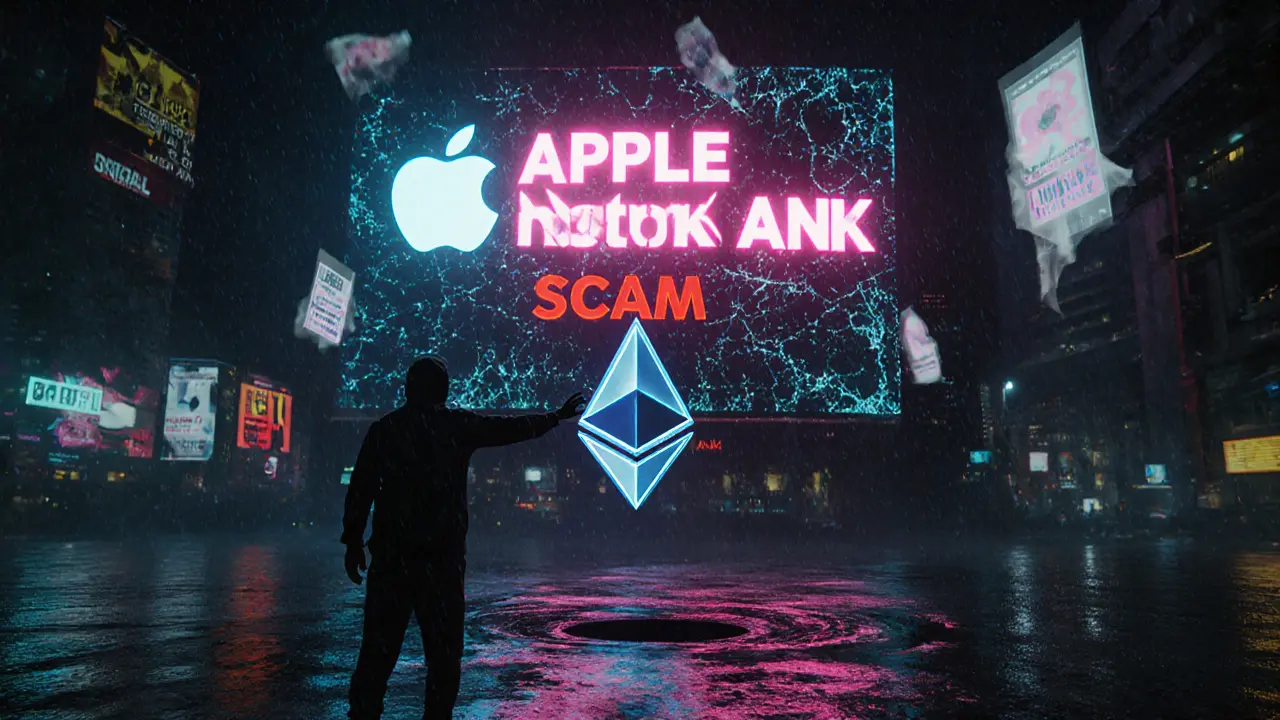Apple Network Scam: How to Spot and Avoid Fake Crypto Projects
When you hear "Apple Network," it sounds official—like it’s tied to the tech giant. But it’s not. Apple Network, a fraudulent crypto project that impersonates Apple to trick users into sending funds or sharing private keys. Also known as fake Apple crypto scam, it’s just one of many projects using big brand names to look legitimate. These scams don’t need a real product. They just need a slick website, a fake team photo, and a promise of free tokens. And they work—because people want to believe they’re getting something from Apple.
Similar scams like IslandSwap, a no-name crypto exchange with zero transparency, no audits, and no user reviews, follow the same playbook. They copy the look of real platforms, use vague whitepapers, and vanish after collecting deposits. You’ll find the same pattern in Libre Swap, a decentralized exchange with only one trading pair and zero security checks. No audits. No team. No history. Just a promise of returns. These aren’t startups—they’re digital ghosts.
How do you avoid falling for these? Start by checking for real signals. Does the project have a public team with LinkedIn profiles? Is there a live, audited smart contract? Are there real trading volumes on decentralized exchanges? If the answer is no, it’s a red flag. Even if CoinMarketCap lists it, that doesn’t mean it’s safe—many scams get listed through paid promotions. Authorities use blockchain forensics, tools that trace crypto flows to identify wallets linked to fraud, ransomware, and sanctions evasion to track these scams. But you don’t need fancy tools. You just need to ask: Why would Apple need a crypto token? Why is there no code on GitHub? Why are they pushing you to connect your wallet now?
These scams thrive on urgency. "Limited airdrop!" "Only 24 hours!" "Exclusive access!" Real projects don’t beg you to act fast. They give you time to research. They answer questions. They publish audits. They have communities that talk about problems, not just profits. The Apple Network scam isn’t unique—it’s a template. You’ll see it again with "Tesla Coin," "Google Finance," or "Amazon Chain." The names change. The trick stays the same.
Below, you’ll find real reviews of projects that turned out to be scams, tools to spot fake airdrops, and deep dives into how fraudsters operate. No fluff. No hype. Just what you need to protect your money before it’s too late.




